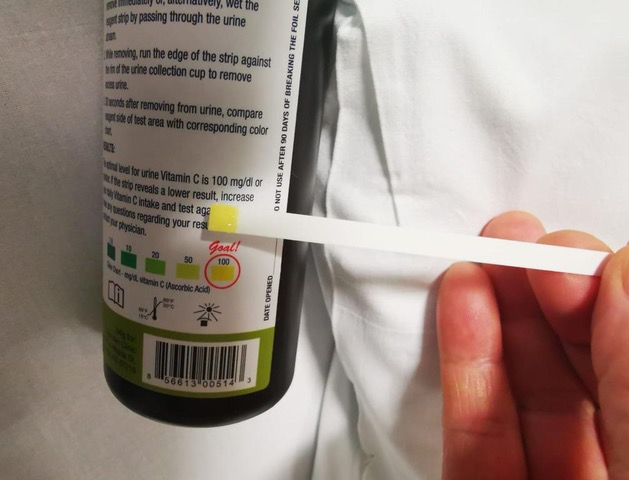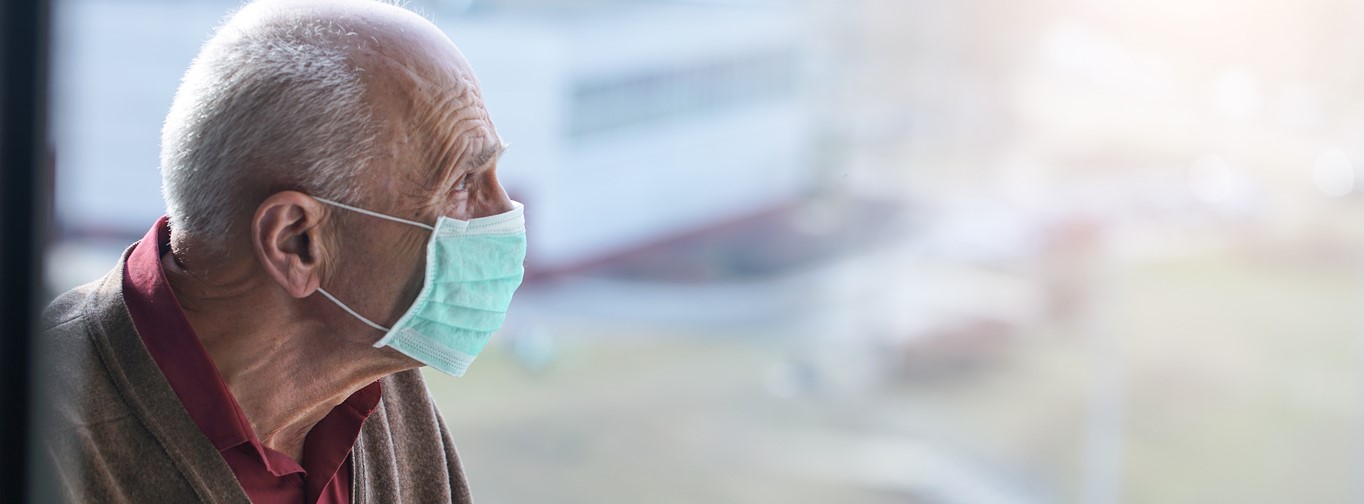Why does Vitamin C Matter?
People deficient in vitamin CWhat it does: Strengthens immune system – fights infections. Makes collagen, keeping bones, skin and joints firm and strong. Antioxidant, detoxifying pollutants and protecting against… are particularly susceptible to severe respiratory infections, such as pneumonia, which was the major cause of death in those with scurvy, the severe deficiency disease that wiped out millions of sailors in the 17th and 18th century. Severe respiratory infections can also cause vitamin C levels to drop dramatically due to the enhanced requirements and turnover of the vitamin during infections. A survey of elderly Scottish patients hospitalized with respiratory infections found that 40% had deficient levels of vitamin C 8. People who are already low in vitamin C, will be particularly susceptible to further depletion due to severe infections such as COVID-19, and may not survive as a result.
Since 2008 Public Health England and the Food Standards Agency has conducted a ‘National Diet and Nutrition Survey’ which measures a cross-section of people’s vitamin C levels. In their latest survey testing vitamin C in blood they report that 4% of those over age 65 – that’s 480,000 people – have vitamin C deficiency. However, their cross-section excludes residents in care homes.
When was the last care home study done?
“The last study we have of residents in care homes, showing that 40% are deficient, is over twenty years old. Since then, there is growing evidence that older people with chronic health conditions may have much higher need for vitamin C than the basic ‘RDA’ level of around 100 mg/d – what you’d get in two oranges.” Says vitamin C expert Anitra Carr, Associate Professor and Director of Nutrition in Medicine Research Group at the University of Otago, Christchurch, in New Zealand.
She is teaming up with Patrick Holford and student of twice Nobel Prize winner Dr Linus Pauling, who put vitamin C on the map for colds in the 1970’s. They want to test residents in care homes using an inexpensive 20 second dipstick urine test for vitamin C. “The Linus Pauling Institute estimate that older people in care homes may need at least 400 mg of vitamin C – that’s four times the recommended intake and eight orange’s worth – to have normal vitamin C status.
Call for Volunteers for New Research Programme
Holford and Carr are seeking care homes in the UK who would be willing to test their residents, then supplement increasing amounts up to 1,000 mg, which is the standard dose in most supplements, to see how much they really need.” says Holford, who is founder of www.vitaminC4covid.com, a campaign to put vitamin C on the map for covid prevention. “The evidence for vitamin C is even stronger than that for vitamin DWhat it does: Helps maintain strong and healthy bones by retaining calcium. Deficiency Signs: Joint pain or stiffness, backache, tooth decay, muscle cramps, hair loss…., which is now being given out to vulnerable people in care homes. Why is vitamin C being ignored? It is inexpensive, completely safe and known to reduce duration of infections and hospitalisation. It could be a life saver.”
If you work for a care home who may like to take part in the research, please email vitaminC4covid@gmail.com
If you wish to volunteer to help the team find care homes to participate in the research, please email c4covid@gmail.com
Who is behind the VitC4Covid Campaign and why
Holford is part of a team of experts, including Professor David Smith from Oxford University, Professor Iain Whitaker from NHS Wales and Swansea University, Professor Paul Marik, an expert in critical care medicine from East Virginia Medical School and Assoc Prof Anitra Carr who have submitted evidence to NICE and PHE regarding vitamin C for the prevention of respiratory infections including covid. “So far we’ve heard nothing from any government agency. Mainstream media, too, seem to be ignoring vitamin C. Yet, there are over 100 relevant studies and 45 currently underway specifically on vitamin C and covid prevention or treatment.
Vitamin C could improve vaccine responsiveness, especially in the elderly, both of which achieve a similar goal of enhancing your immune system’s response when under attack.” Says Holford. “We may be seeing millions die effectively with or of scurvy. You can’t survive a strong viral infection with decimated vitamin C levels. We have to find out how much our loved ones in care homes really need to have a fighting chance, and then make sure they get it.”
A personal plea from Patrick Holford – Support the campaign
Excuse me for asking but we need to raise £10,000 (£1,000 raised so far) to run the Care Home Study. It’s one of the simplest, cleanest studies to move the vitamin C conversation further. If you haven’t already signed our petition at www.vitaminC4covid.com please do so. In our first month of campaigning almost 6,500 people including almost 500 doctors, nutritionists, scientists and other health care professionals have signed the petition including representatives from 60 countries so far. Do please share the campaign with everyone you know.
But also, if you can spare anything – £10, £20, £50, £100 – we only need 90 people to give £100 to make this trial a reality. I’m giving my time as my contribution. Please make your donation here
Find out more, and join the campaign, by visiting www.vitaminC4covid.com
Testing Vitamin C Levels
If you are looking to test Vitamin C levels whether as an individual at home or in a healthcare, care home or hospital setting – find out more about newly available Vitamin C Urine Testing Strips.



Comments
Join the Conversation on our Facebook Page